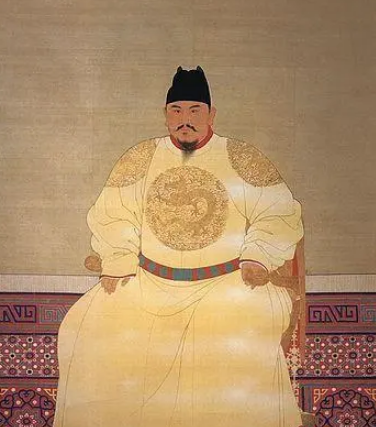In the context of Chinese, the two idioms "Yinfeng Yangwei" and "Yangfeng Yinwei" may sound similar, but their meanings are vastly different. These two idioms represent two different behavioral attitudes and approaches to handling affairs.

First, let's analyze "Yinfeng Yangwei". This idiom means to appear compliant on the surface but disobey in secret. It graphically depicts a two-faced behavior, where one expresses agreement and support for something in public, but takes opposite action in private. This behavior is often seen as hypocritical and dishonest.
In contrast, "Yangfeng Yinwei" refers to appearing compliant on the surface but not genuinely executing or adhering to it. It's a clear attitude of perfunctoriness, where one seems to obey but doesn't actually follow the requirements. This behavior is often regarded as lazy, irresponsible, and possibly a challenge to authority.
Although both idioms involve different attitudes towards handling matters, their core difference lies in that "Yinfeng Yangwei" emphasizes inconsistency between appearance and reality, while "Yangfeng Yinwei" focuses more on saying one thing and doing another. The former tends to lean towards deceit and hypocrisy, while the latter tends to lean towards laziness and perfunctoriness.
Overall, both "Yinfeng Yangwei" and "Yangfeng Yinwei" are disapproved behavioral attitudes. In daily life and work, we should avoid these two behaviors and strive to maintain consistency between words and actions, treating others sincerely, so as to earn the trust and respect of others.
Disclaimer: The above content is sourced from the internet and the copyright belongs to the original author. If there is any infringement of your original copyright, please inform us and we will delete the relevant content as soon as possible.































